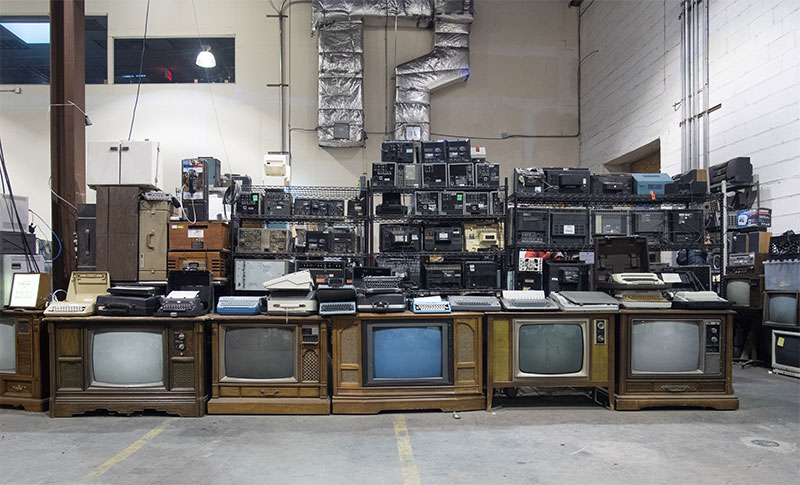Central Pollution Control Board (CPCB) estimates the e-waste generation at national level based on the countrywide sales data provided by producers, and average life of notified electrical and electronic equipment (EEE), as mandated under the E-waste Management Rules, 2016. As per the information available with CPCB, e-waste generated in the country from twenty-one (21) types of EEE notified under the E-Waste (Management) Rules, 2016 in the financial year (FY) 2020-21 and 2021-22 was estimated as 13,46,496.31 Tonnes and 16,01,155.36 tonnes respectively, which is not substantial as compared to other major economies of the world.
Ministry has comprehensively revised the previous set of Rules and notified the E-Waste (Management) Rules, 2022 in November, 2022 and the same is enforce since 1st April, 2023. These new rules intend to manage e-waste in an environmentally sound manner and put in place an improved Extended Producer Responsibility (EPR) regime for e-waste recycling wherein all the manufacturer, producer, refurbisher and recycler are required to register on portal developed by CPCB. The new provisions would facilitate and channelize the informal sector to formal sector for doing business and ensure recycling of E-waste in environmentally sound manner. Provisions for environment compensation and verification & audit has also been introduced. These rules also promote Circular Economy through EPR regime and scientific recycling/disposal of the e-waste.
An Action Plan for enforcement of E-Waste (Management) Rules, across the country is in place and is being implemented by all the States/UTs and State Pollution Control Boards (SPCBs)/Pollution Control Committees (PCCs). An e-waste Management review portal has also been developed for uploading status and progress of e-waste action plan. The quantity of e-waste collected and processed during FY 2021-22 is 5,27,131.57 Tonnes.

